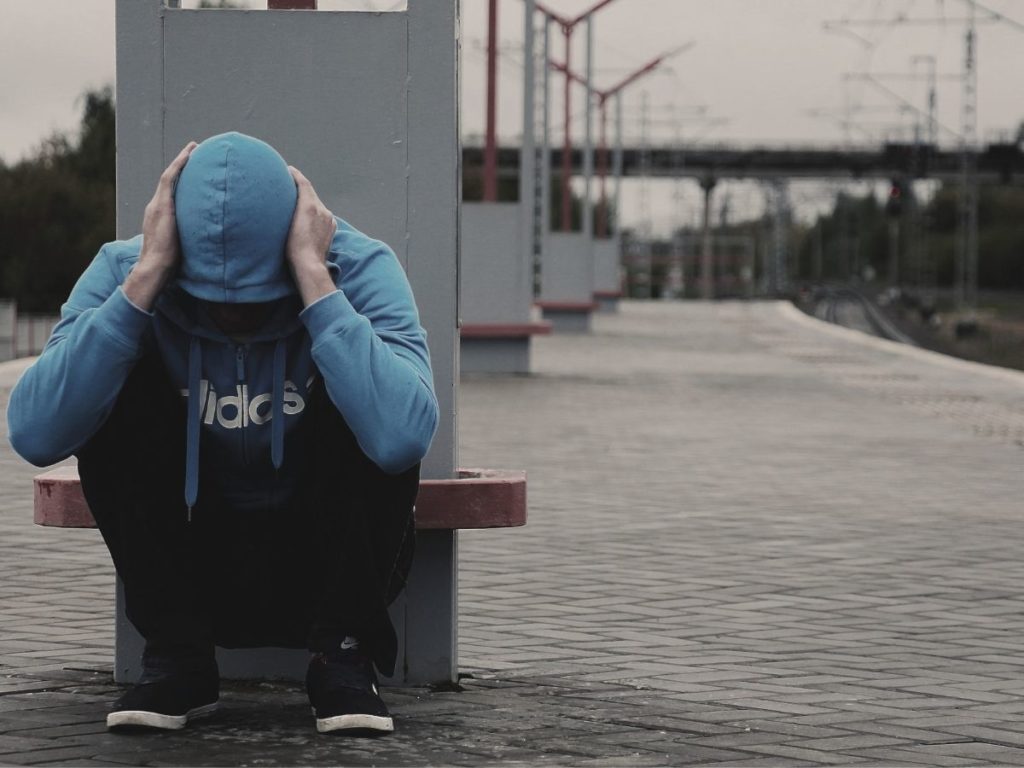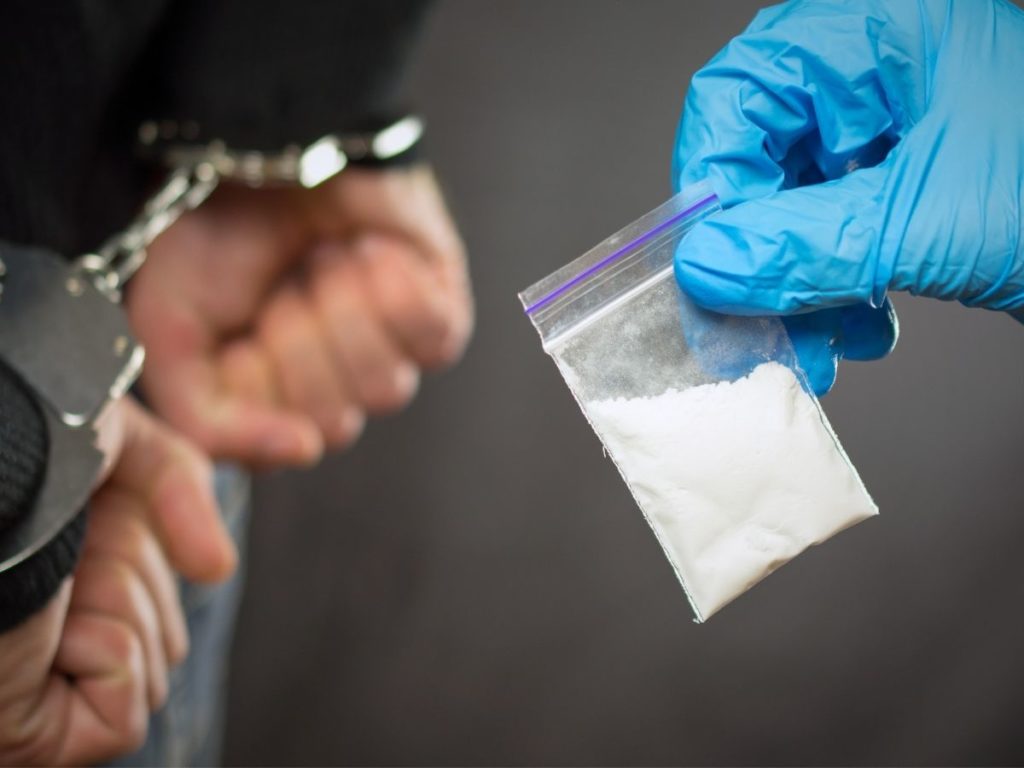How to Deal with Drug Addict Behavior
Recognizing there’s a problem is the first step on the road to recovery, which often takes tremendous courage and strength. If you’re ready to face your drug addiction and are willing to seek help, you have the opportunity to build a satisfying, drug-free life for yourself.
The effects of drug dependence are multifarious causing physical, psychological, economic, and social problems. Effective treatment involves a multidisciplinary approach in which health, education, social welfare, community, and family components should all be incorporated.
Drug dependence involves physical, mental, and spiritual damage. Drug abusers feel that the drug is a part of their daily life. Drug dependence is a disease that gradually increases. This disease is not cured but can only be controlled. Addiction is a process of use, misuse, and abuse. A drug abuser increases his/her drug use in multiples of 2s.
Addiction is defined as a chronic, relapsing disorder characterized by compulsive drug seeking and use despite adverse consequences. It is considered a brain disorder because it involves functional changes to brain circuits involved in reward, stress, and self-control. Those changes may last a long time after a person has stopped taking drugs.

Addiction is a lot like other diseases, such as heart disease. Both disrupt the normal, healthy functioning of an organ in the body, both have serious harmful effects, and both are, in many cases, preventable and treatable. If left untreated, they can last a lifetime and may lead to death.
What You Can Do
Addiction is a chronic disorder with biological, psychological, social, and environmental factors influencing its development and maintenance. Here’s what you can do to understand your loved one struggling with drug addiction. [1]
- Understanding How People Change is First Step in Changing Unhealthy Behavior
Stages-of-change research has been used to develop dozens of drug addict behavior change programs, including HIV prevention, to help people live longer, healthier lives. - How Psychologists Improve Care
Medications have been the gold standard for treating opioid use disorder, but behavioral interventions can improve treatment for opioid addiction and address the comorbid conditions that go along with it. - Life-saving supports
Psychologist-designed programs that include housing, work and family interventions for people with substance use disorder show promise.
Why do people take drugs?
In general, people take drugs for a few reasons:
- To feel good. Drugs can produce intense feelings of pleasure. This initial euphoria is followed by other effects, which differ with the type of drug used. For example, with stimulants such as cocaine, the high is followed by feelings of power, self-confidence, and increased energy. In contrast, the euphoria caused by opioids such as heroin is followed by feelings of relaxation and satisfaction.
- To feel better. Some people who suffer from social anxiety, stress, and depression start using drugs to try to feel less anxious. Stress can play a major role in starting and continuing drug use as well as relapse (return to drug use) in patients recovering from addiction.

- To do better. Some people feel pressure to improve their focus in school or at work or their abilities in sports. This can play a role in trying or continuing to use drugs, such as prescription stimulants or cocaine.
- Curiosity and social pressure. In this respect, teens are particularly at risk because peer pressure can be very strong. Adolescence is a developmental period during which the presence of risk factors, such as peers who use drugs, may lead to substance use.
How To Identify Drug Addiction Symptoms
The drug-dependent person experiences mood swings related to drug use. Gradually there is a personality change and all activity and thoughts revolve around drugs. Judgment and insight are also impaired. Family relationship change- In the beginning, the drug abuser starts avoiding family members. As the addiction progress, lying, stealing, and violence become a regular feature. [2]
Social Changes- The drug abuser starts to weaken his friendship with non-abusers, breaks promises, and lies. He/she makes friends with other drug abusers. There is no interest in any other activities or in social gatherings. Most of the time, the drug abuser sleeps during the day and engages in drug-taking activities during the night.
Financial Condition- The drug abuser spends all his/her money on drugs. As the need for drugs increase, more money is spent, leading to debt and borrowing and selling of goods from home, workplace, and school.

Legal Problem- Drug abusers become involved in many illegal activities such as street crimes, violence, extortion, murder, etc. Sexual Activities- Most drug abusers under the influence of drugs have inappropriate sexual drug addict behavior. Many of them visit commercial sex workers and many drug abusers can’t get sexual enjoyment without using drugs.
The use of recreational drugs, over-the-counter medications, or prescription drugs can lead to substance use issues. It can frequently lead to problems at work, home, school, and in relationships, and leave the user feeling isolated, helpless, or shamed. If you’re worried about your own or a loved one’s drug use, it’s helpful to know the warning signs and more importantly, that help is available and treatment works.
Behavioral Symptoms
- Drop in attendance and performance at work or school
- Engaging in secretive or suspicious drug addict behaviors
- Sudden change in friends, favorite hangouts, and hobbies
Emotional Symptoms
- Unexplained change in personality or attitude
- Sudden mood swings, irritability, spaced-out, or angry outbursts
- Appears fearful, anxious, or paranoid, with no reason
Physical Symptoms
- Bloodshot eyes, pupils larger or smaller than usual
- Changes in appetite, sleep patterns, physical appearance
- Unusual smells on breath, body, or clothing, or impaired coordination
Defining Features of Addiction
Two aspects that all addictions [3] have in common:
- The addictive behavior is maladaptive. The drug addict behavior causes problems for the individual or those around them. So instead of helping the person cope with situations or overcome problems, it tends to undermine these abilities.
- The behavior is persistent. When people are addicted, they will continue to engage in the addictive behavior despite the trouble it causes. So an occasional weekend of self-indulgence is not an addiction, although it may cause different kinds of problems. Addiction is characterized by frequent engagement in the behavior.
Drug Addiction Rehab & Intervention Services
If you think that someone you love struggles with addiction, you must try to get them help. And although it can be tough to come to terms with the fact that someone you love works with addiction, it can save their life. You may even resort to denial and look the other way when you see the warning signs. There’s also a chance that you have no idea how to get your loved ones the help they need, which is typical. One of the best ways to motivate your loved one to begin the road to recovery is through intervention.
Anyone close to a long-term alcoholic or drug addict knows that getting someone to quit is tough. Denial is a powerful force that keeps a tight physical and mental grasp on its habitual users. Ready to approach them to get help? It would help if you had the right strategy and the proper support. The best way to go about such a sensitive topic is to work with a seasoned interventionist for intervention services that we have here at We Level Up Texas.
Evidence on the effectiveness of psychosocial interventions in substance use disorders is available. For substance misusing clients, any form of psychological treatment leads to better treatment outcomes than no psychological treatment.

While interventions can be a catalyzing force in an addict getting sober, it is not guaranteed that an intervention will always be successful. A messed-up intervention can strain relationships and further alienate the addicted person from their loved ones when done incorrectly. This is one of the main risks of intervention and one of the biggest reasons why professional addiction intervention counselors should always be consulted before staging an intervention and present during. [4]
Addiction intervention services can help defuse tensions and help to mediate the conversation. This can make interventions much more likely to be successful and result in the addicted person enrolling in rehab.
Not sure which facility to choose? Do not worry, simply call, or chat with one of our addiction specialists and mental health hotlines. Our counselors understand drug addict behavior and can make a recommendation best suited to your needs. While there is no one “best” facility, there is the best option for your treatment, personal situation, and circumstances. Whether you are a college student, a business executive, or suffering from repeated relapse, you deserve to be treated by people you can relate to you. That’s why We Level Up provides unique & personalized treatment activities for you, that can really work.
At We Level Up TX treatment center, all working as a team providing drug addiction treatment as well as addiction treatment for successful recovery. Make this your opportunity to reclaim your life. Call today to speak with one of our treatment specialists.
Sources:
[1] Addictions – https://www.apa.org/topics/substance-use-abuse-addiction
[2] Characteristics of Drug-Dependent People – National Institute on Drug Abuse
[3] What is Addiction – https://www.verywellmind.com/addiction-4157312
[4] We Level Up – Treatment » Intervention Services